Keywords: Giving
There are more than 200 results, only the first 200 are displayed here.
-
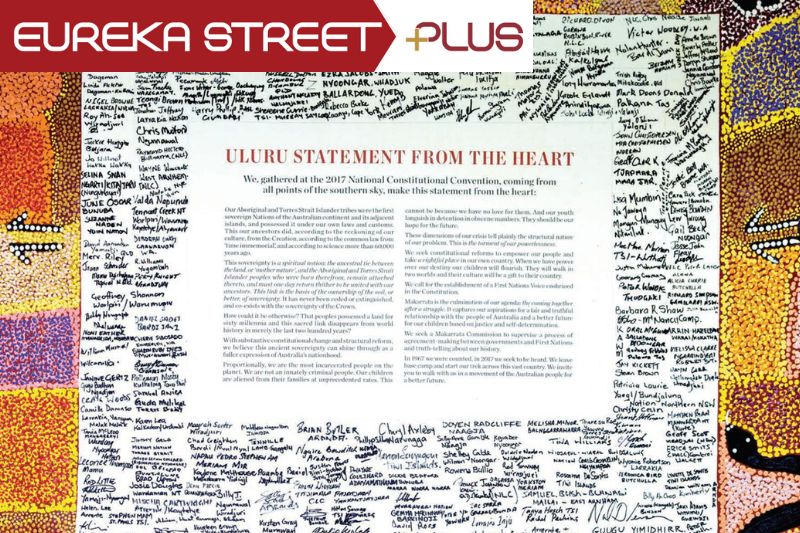
AUSTRALIA
- Frank Brennan
- 17 August 2022
2 Comments
We need to be able to do more than simply give notional assent to the Uluru Statement. We need to be able to contribute to the hard thinking and difficult discussions to be had if the overwhelming majority of our fellow Australians are to be convinced of the need for a Voice in the Constitution.
READ MORE 
-
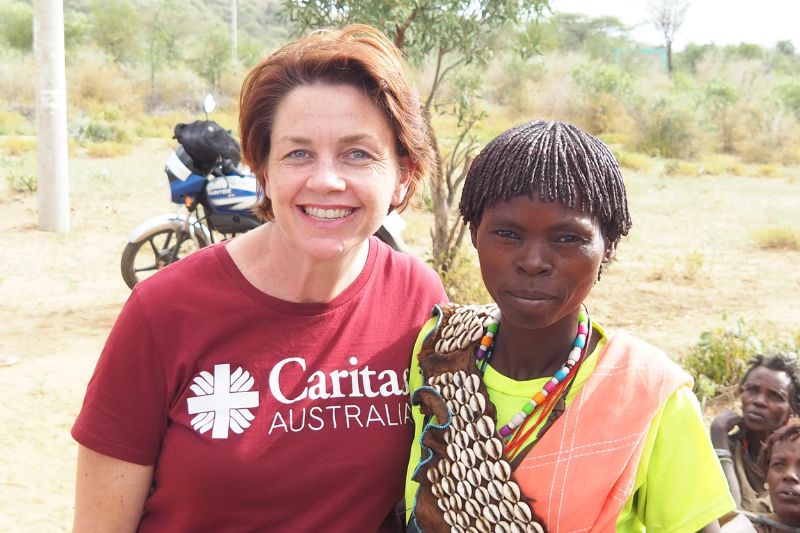
INTERNATIONAL
- Kirsty Robertson
- 10 August 2022
2 Comments
Last month I travelled to Ethiopia, visiting an IDP (Internally Displaced Persons) camp filled with thousands of people facing a hunger crisis. The triple threats of conflict, COVID and climate have created the perfect storm, with serious impacts on countries that depend heavily on grain, fuel and fertiliser imports from Russia or Ukraine, including Yemen, Somalia, Ethiopia and Sudan.
READ MORE 
-
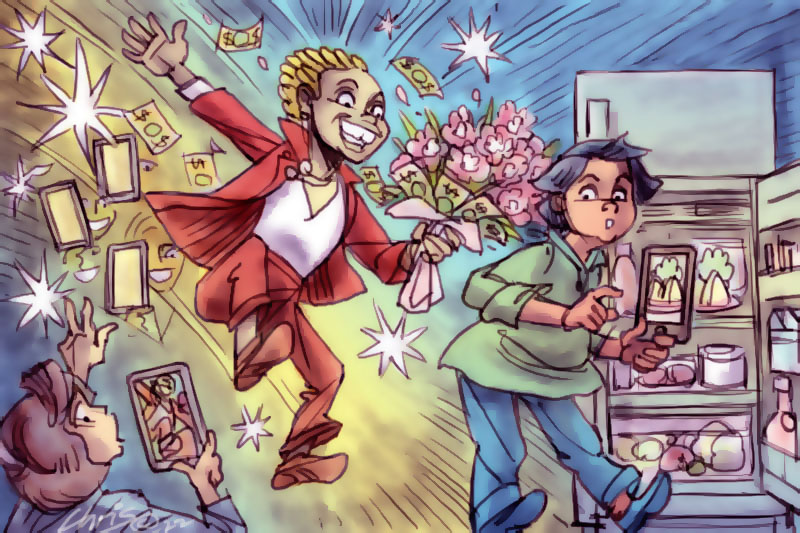
ARTS AND CULTURE
- Cherie Gilmour
- 02 August 2022
6 Comments
We all know the Internet can be a seething cesspool of vitriol, so the presence of heart-warming videos of people slipping $20 into someone’s coat pocket or randomly complimenting a stranger, even the ubiquitous handing out of flowers, is largely welcome. But is this actually kindness? If an act of kindness happens and no one is there to film it, did it really happen?
READ MORE
-

AUSTRALIA
- Andrew Hamilton
- 27 July 2022
2 Comments
Over recent weeks many people have expressed alarm and despondence at the rising number of infections and deaths from COVID. Just as we were enjoying freedom from restrictions we found ourselves encouraged to work from home if possible and to wear masks. The crisis and the recommendations recall the first onset of COVID in Australia. Yet the response of Governments is much less forceful. The differences between the responses and the reasons for them merit reflection.
READ MORE 
-

INTERNATIONAL
- Michael McVeigh
- 18 July 2022
If there is another civilisation out there peering into the skies like us, what would they see as they catch a glimpse of life on Earth in the 21st century? I wonder what they would make of our preoccupations, and what they might see through their powerful lenses that we ourselves cannot?
READ MORE 
-
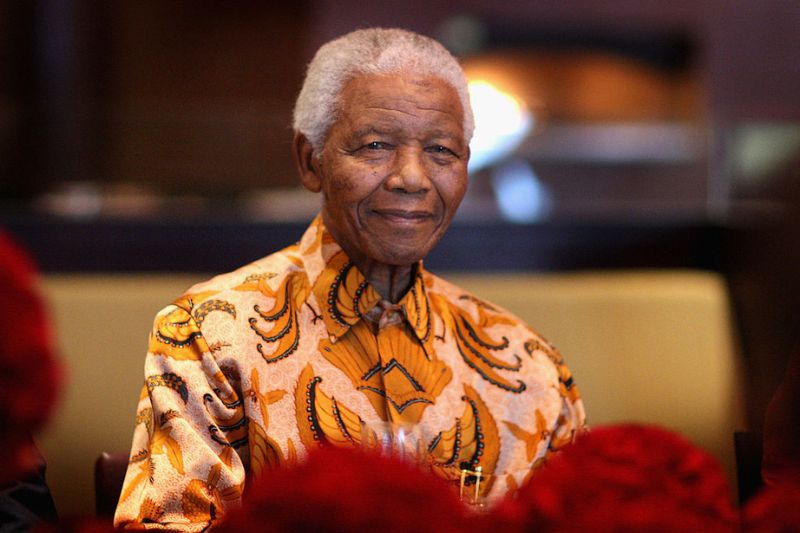
INTERNATIONAL
- Andrew Hamilton
- 14 July 2022
3 Comments
The leaders of the past are often referred to as a measuring stick for evaluating the present. Australian prime ministers are routinely compared to John Curtin or Robert Menzies. This coming week calls to mind another leader against whom we might measure others. July 18 marks Mandela Day, an annual international day in honour of Nelson Mandela, the first Black President of South Africa. Mandela had the quality, rare today, of being born to rule.
READ MORE 
-
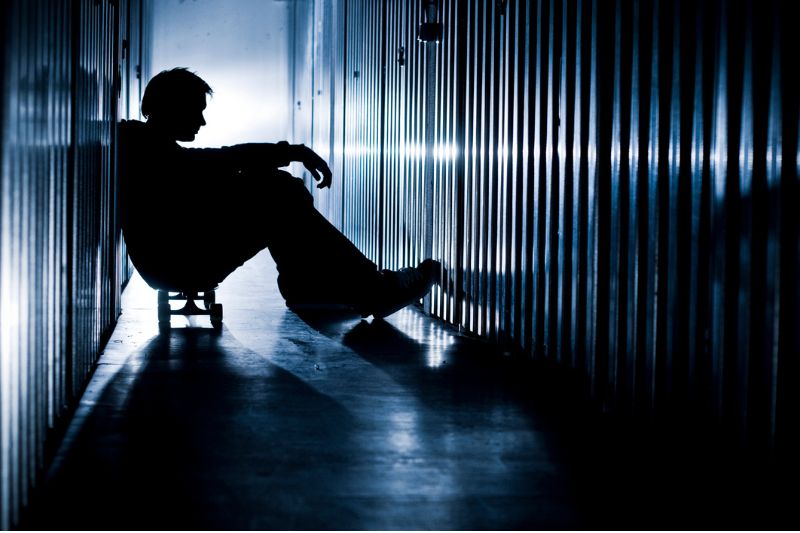
AUSTRALIA
Is there nothing Government can do to turn around the ever-increasing numbers of children requiring intervention by child protection, youth homelessness and justice systems? Government can start with policies that support families, in all their diversity, and begin to prioritize the needs of children above all else. And given all the evidence tells us that fathers matter to children, isn’t it essential to get fatherhood right?
READ MORE 
-
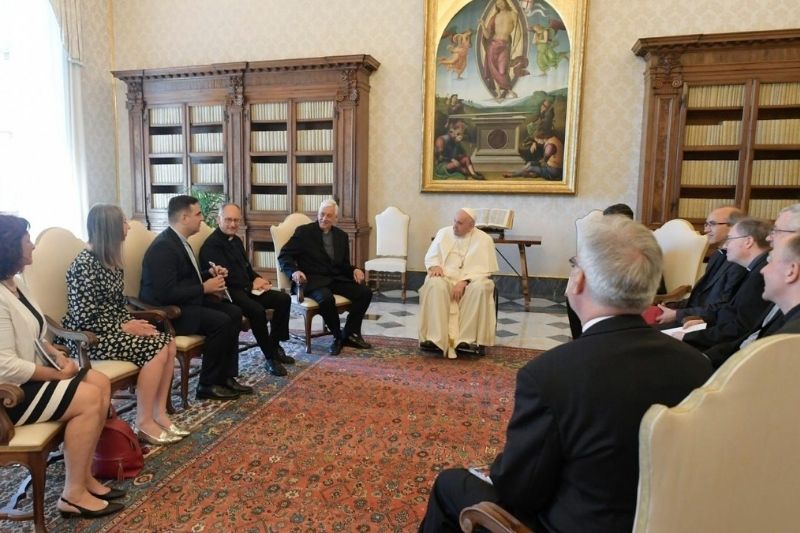
MEDIA
- Andrew Hamilton
- 07 July 2022
3 Comments
In a recent meeting Pope Francis met the editors of European Jesuit cultural magazines. As usual in such meetings he did not give an address but invited the participants to ask questions. The questions ranged across a wide area, reflecting the different readership and religious culture of the magazines. Underlying the Pope’s responses lay a challenging and coherent approach to the Jesuit mission and to communication that invites self-reflection also among Jesuit magazines and their readers outside Europe.
READ MORE 
-
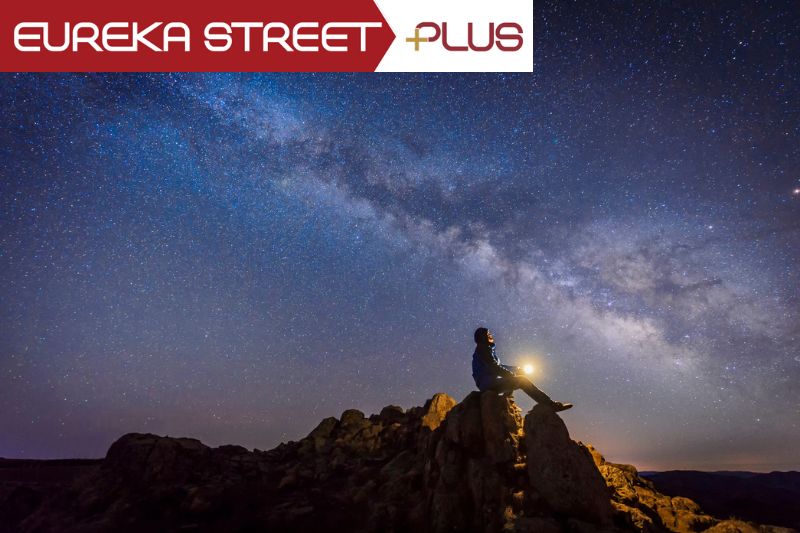
ARTS AND CULTURE
- Juliette Hughes
- 28 June 2022
1 Comment
How do we know that what we call knowledge is knowledge? How do we know that we know? The two books I have been reading here are both about kinds of knowing. Suzie Sheehy is a particle physicist from my old stamping ground, Melbourne University. Sheehy’s story is of passionate hunters for nothing less than the meaning of everything.
READ MORE 
-
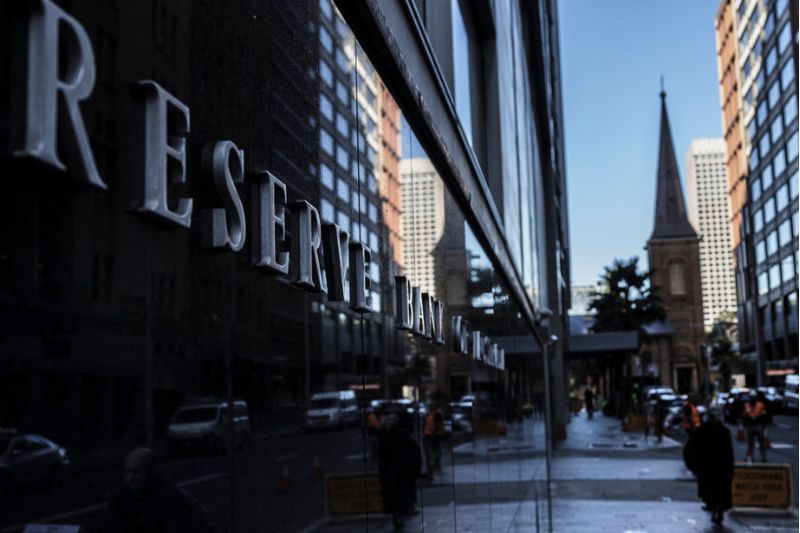
ECONOMICS
The question that should be posed is how effective has the Reserve Bank been at ‘managing’ the economy and financial system? ‘Not very’, has to be the answer. Not that the RBA is alone. The same pattern has been seen across the developed world. Central banks have one weapon at their disposal, the cost of money (the interest rate), and there is not much evidence they have used this tool to make their systems sustainable. Mostly, they have made matters worse.
READ MORE 
-
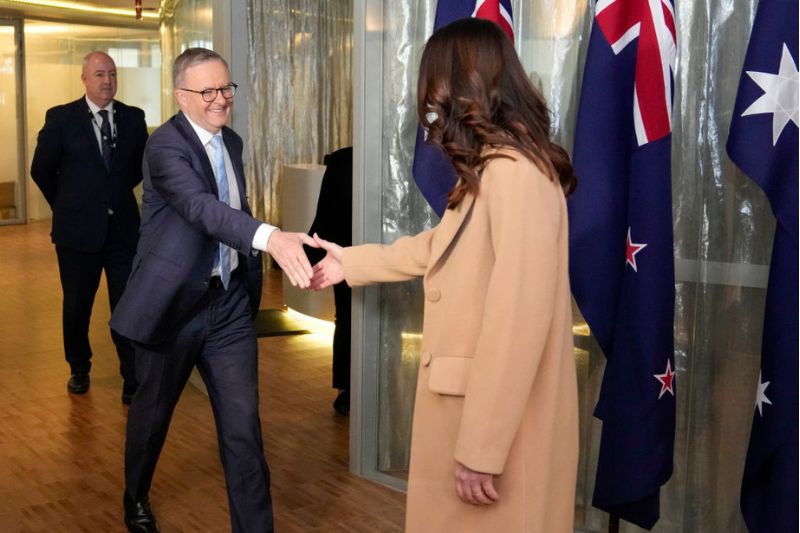
AUSTRALIA
- Andrew Hamilton
- 23 June 2022
7 Comments
Since the Federal Election one of the most refreshing features has been the new Prime Minister’s connection with people. Whether it is shown by riding a bamboo bicycle with the Indonesian President, expressing sympathy for the Nadesilingam family for their prolonged ordeal before returning to Biloela or agreeing with Jacinda Ardern, herself a model of public empathy, about the unreasonableness of expelling to New Zealand people who had never lived there, his actions displayed a readiness to listen and to enter the experience of other people.
READ MORE 
-
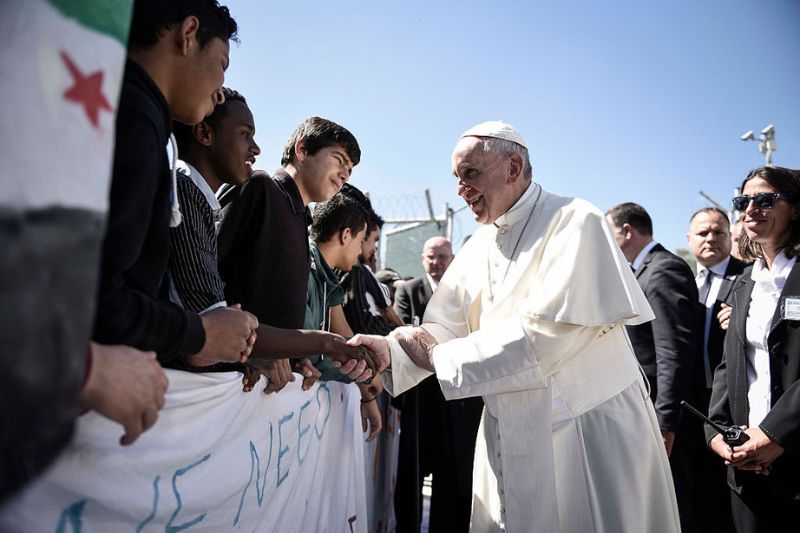
RELIGION
- Bruce Duncan
- 21 June 2022
3 Comments
Some 278 Catholic bishops, clergy, religious personnel and lay people will meet as members of an unprecedented Plenary Council during 3-9 July to finalise the resolutions of their first assembly last year. However the May working document ‘Framework for Motions’, despite much worthy content, especially on Indigenous affairs, relies on a narrow notion of mission overly focused on inner-church issues at the expense of the wider social engagement that Francis emphasises.
READ MORE 